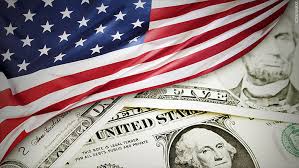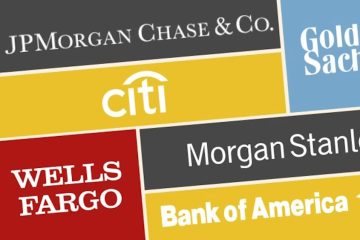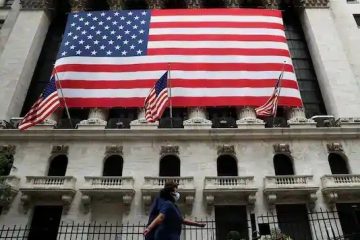Is the U.S. Economy ‘Too Good to Be True’? Fed Chair Says We’re in ‘Extraordinary Times’—But It’s a Reasonable Question

If you believe the legend that “may you live in interesting times” is a curse, hold onto your hat.
Yesterday U.S. Federal Reserve Chair Jerome Powell said that the U.S. economy’s “historically rare pairing of steady, low inflation and very low unemployment is testament to the fact that we remain in extraordinary times.”
Speaking at a meeting of the National Association of Business Economists in Boston, Powell explained why and other economists have concluded that the rare combination of sub-4% unemployment and near-2% inflation might last another couple of years.
The U.S. Federal Reserve has historically sought to keep unemployment below about 4.5% and inflation near 2%. It’s a delicate balance: when unemployment drops low enough, wages tend to rise, which can cause inflation. One of the Fed’s tools is setting the interest rates it pays for U.S. government bonds. The higher those rates, the costlier it becomes for banks to borrow and they pass those costs to commercial and private borrowers, acting as a general brake on the economy.
Powell took over the chair from Janet Yellen in February in what many commentators called a continuation of a consensus-building style. The Fed raised rates little by little last year under Yellen and has continued to do so under Powell.
Some critics have raised the possibility that the actual healthy ratio between unemployment and inflation is different. In his speech, Powell defended the so-called Phillips curve, which describes that ratio, but said that it was possible that the shape of the curve could change as the natural full employment rate changed. He also noted that after the late September Federal Open Market Committee meeting, a reporter asked him if the current environment was “too good to be true”—a query he called “a reasonable question.”
Powell also noted that the recent federal tax cuts and spending boosts will leave the government less maneuvering room whenever the next recession hits. The Fed does not control those.
“This is the top of the cycle,” Powell said, “and it’s a good time to be working on putting our fiscal house in order.”






